Sarthak Educational Trust, a distinguished Civil Society Organization, has been championing the inclusion and empowerment of Persons with Disabilities (PwDs) since 2008. Over the years, Sarthak has profoundly impacted over 2 million PwDs and trained over 80,000 individuals through its Job Entrepreneurship & Empowerment Training Program (JEET). In recognition of its relentless efforts, the Ministry of Social Justice & Empowerment (MSJE) honoured them with the National Award 2023 for being the Best NGO in the Disability Sector, presented by the Hon’ble President of India.
This case study takes us into the details of Sarthak’s initiatives that focus on skill development, job placement, workplace inclusivity, and sustainable livelihoods. Read the full story to understand how they are fostering a more inclusive society by enabling thousands of PwDs to achieve financial independence:
Sarthak Educational Trust’s Inspiring Work and Triumph in Disability Empowerment
The training and employment initiatives of Sarthak Educational Trust aim to empower persons with disabilities, enabling them to lead independent and fulfilling lives while contributing to a more inclusive society. Their program is centred on the following objectives:
- Skill Development: Provide vocational training to enhance the employability of persons with disabilities.
- Job Placement: Facilitate employment opportunities through partnerships with corporates.
- Inclusivity: Promote workplace inclusivity and diversity through sensitization of potential corporate employers.
- Sustainable Livelihoods: Ensure beneficiaries can secure sustainable livelihoods in the Corporate sector.
The beneficiaries of their work include:
1. Persons with Disabilities: Primary beneficiaries who receive training and employment support include youth with disabilities in the age group 18-35 years.
2. Corporates: Benefit from a trained, diverse workforce and fulfil CSR objectives.
3. NGOs: Collaborate to extend their reach and impact in the rural and peri-urban PwD community.
PROBLEM STATEMENT
In India, persons with disabilities (PwDs) face significant barriers to education, skill development, and employment. Despite various government initiatives and legal frameworks aimed at promoting inclusivity, societal attitudes, infrastructural inadequacies, and a lack of awareness continue to marginalize PwDs. This marginalization leads to high unemployment rates among PwDs, resulting in economic dependence and social exclusion.
Underlying Issues:
1. Limited Access to Education and Training:
- Many PwDs do not have access to quality education and vocational training due to physical barriers, lack of specialized programs, and insufficient support systems.
- Educational institutions often lack the necessary infrastructure and trained staff to cater to the specific needs of PwDs.
2. Employment Discrimination:
- Employers often harbor misconceptions about the capabilities of PwDs, leading to bias in hiring practices.
- Workplaces may not be equipped with the necessary accommodations or support systems to integrate PwDs effectively.
3. Economic Dependence:
- The lack of employment opportunities leads to economic dependence on families or state support, restricting the financial independence and social mobility of PwDs.
- This dependence perpetuates a cycle of poverty and limited opportunities.
Social Exclusion:
- PwDs often face social stigma and isolation, which further hinders their ability to participate fully in society.
- The lack of awareness and understanding among the general public exacerbates this exclusion.
SOLUTION FRAMEWORK
Sarthak’s training and employment program aims to tackle these issues by focusing on:
1. Skill Development and Education:
- Providing tailored training programs that equip PwDs with market-relevant skills.
- Partnering developed inclusive curricula and training methodologies.
2. Employment Opportunities:
- Collaborating with corporates to create job opportunities and facilitate the placement of trained PwDs.
- Advocating for inclusive hiring practices and workplace accommodations.
3. Economic Empowerment:
- Enabling PwDs to achieve financial independence through gainful employment.
- Providing continuous support to ensure job retention and career growth.
4. Social Integration:
- Raising awareness about the abilities and rights of PwDs through campaigns and advocacy efforts.
- Fostering an inclusive community where PwDs are valued and supported.
The following guiding principles define their strategies and program design:
1. Inclusivity: Ensuring that all programs and initiatives are accessible and tailored to meet the diverse needs of persons with disabilities (PwDs).
2. Empowerment: Fostering self-reliance and independence among PwDs by providing them with the skills and opportunities needed for sustainable livelihoods.
3. Collaboration: Building strong partnerships with corporates, NGOs, educational institutions, and government bodies to leverage resources and expertise.
4. Sustainability: Developing long-term, scalable solutions that create lasting impact and drive systemic change.
5. Advocacy: Promoting awareness and influencing policy changes to create a more inclusive society.
METHODOLOGIES ADOPTED
1. Needs Assessment:
- Conducting thorough assessments to understand the specific needs, skill gaps and aspirations of PwDs.
- Engaging with stakeholders, including families, employers, and community leaders, to gather insights and ensure holistic support.
2. Customized Training Programs:
- Developing specialized vocational training programs that are aligned with industry requirements and cater to various disabilities.
- Incorporating both technical skills and soft skills (e.g., communication, teamwork) to enhance overall employability.
3. Use of Technology:
- Utilizing digital platforms for online training modules, virtual classrooms, and remote support.
- Implementing assistive technologies to enhance learning and accessibility for PwDs.
4. Industry Partnerships:
- Collaborating with corporates to design training programs and provide internships, apprenticeships, and job placements.
- Engaging with industry experts to ensure that training content is relevant and up-to-date.
5. Capacity Building:
- Providing training and resources to partner NGOs to replicate Sarthak’s model and expand the initiative’s reach.
- Offering workshops and training sessions for NGO staff to ensure effective program implementation.
6. Job Placement and Support:
- Organizing job fairs, campus recruitment drives and placement events in collaboration with corporate partners.
- Providing continuous support to both employers and employees to ensure successful integration into the workplace.
7. Monitoring and Evaluation:
- Implementing robust monitoring and evaluation mechanisms to track the progress and impact of the training programs.
- Gathering feedback from beneficiaries and partners to continuously improve the initiative.
8. Awareness and Advocacy:
- Conducting awareness campaigns to sensitize employers and the broader community about the capabilities of PwDs.
- Advocating for inclusive policies and practices within the corporate sector and at the policy-making level.
IMPLEMENTATION
1. Program Design:
- Defined the objectives and scope of training and employment programs.
- Developed a detailed curriculum and training modules based on the needs assessment of the market.
2, Partnership Development:
- Identified and engaged with potential corporate partners for job mapping and candidate mapping to ensure long term sustainability of PwDs in their jobs.
3. Recruitment and Enrolment:
- Conduct regular outreach activities through 25 Skill Building and Employment Centre, social media and other modes to enroll PwDs into the training programs.
- Provide orientation about the program through one on one counselling sessions to familiarize participants with the program.
4. Training Delivery
- Conduct training sessions, both online and offline, with a focus on hands-on learning and practical experience.
- Provide continuous mentoring and support throughout the training period.
5. Placement and Integration:
- Facilitate job placements through direct corporate engagements and job fairs.
- Provide post-placement support to ensure smooth integration and job retention.
Implementation Strategy: Step By Step Process
1. Beneficiary Selection Process:
a. Mobilization & Counseling of Candidates
b. Eligibility Criteria:
i. Age Criteria: 18 – 35 years.
ii. Educational qualification – 10th pass or above.
iii. Disability Certificate - 40% or above.
iv. Willingness to work.
c. Allied activities conducted:
i. Counseling Session
ii. Motivational Session
iii. Guest Lecture
iv. Parents Workshop
v. Exposure Visits
vi. Soch Ka Parivartan
vii. On the Job Training
viii. Mock Interviews
2. Documentation Required:
i. Aadhar Card (Front/Back)
ii. Disability Certificate
iii. Marksheet of 10th/SSC
iv. Marksheet for Higher Studies
v. Passport size photograph
vi. Email id.
3. Training Duration: 3 Months free of cost, online and offline modes.
4. Employment Process:
i. Employer Outreach
ii. Job Mapping
iii. Opening Generation
iv. Screening of Candidates
v. Candidate Line-Ups
vi. Interview Schedule
vii. Follow Up for Interview Result
viii. Follow Up for Employment Proof
ix. Follow Up with Candidate for Joining
x. Post Placement Follow-Up with Employer & Candidate.
MEASURING SUCCESS
Key Milestones
|
Interventions for Direct Beneficiaries
|
Numbers
|
|
Geographical spread
|
25 Centres across 20 Indian States
|
|
Total Outreach
|
2 million
|
|
PwD's Trained
|
80451+
|
|
PwD's Placed
|
49286+
|
Quantitative Metrics:
1. Enrolment and Completion Rates
- Number of PwDs enrolled in the training programs – 80,000+
- Percentage of participants who successfully complete the training – 90%
2. Job Placement Rates
- Number of trained PwDs who secured employment – 49,000+
- Percentage of PwDs placed in jobs - 70%.
3. Employment Retention Rates
- Percentage of PwDs who retain their jobs for six months, one year, and beyond – 80%; 55%
4. Income Levels
- Increase in income levels of employed PwDs compared to their pre-training income – 90% are freshers hence 100% increase; experienced PwDs – 20% increment
- Average salary of placed candidates INR 20,000/- per month.
5. Diversity of Employment Sectors
- Number of different industries and sectors in which PwDs are placed – Eight sectors mainly comprising - IT, Hospitality, Retail, E-commerce, Manufacturing, Aviation, Banking and others
6. Training Feedback Scores
- Quantitative feedback from participants on training quality, relevance and effectiveness.
- Periodic quality checks by senior management.
Qualitative Metrics:
Beneficiary Testimonials:
- Personal stories and testimonials from PwDs highlighting the impact of the training and employment on their lives.
Employer Feedback
- Qualitative feedback from employers regarding the performance and integration of PwD employees.
Skill Development Assessments
- Baseline, mid-term and end-term training assessments to measure improvement in specific skills of each Trainee by Trainers
- Qualitative evaluations of the practical understanding of different job roles in different sectors through exposure visits to different corporates and On-Job Trainings with employers.
CHALLENGES
During the implementation of its training and placement initiative for persons with disabilities (PwDs), Sarthak Educational Trust faced several challenges:
- Funding Constraints: Limited financial resources hampered the ability to expand programs and outreach of this program to different cities across India and reach more beneficiaries.
- Skilled Trainer Shortage: Finding and retaining trainers experienced in working with PwDs is stll a big challenge.
- Employer Bias: Many employers still have misconceptions about the capabilities of PwDs, leading to reluctance in hiring.
- Accessibility Issues: Inadequate transportation, mobility barriers, workplace inaccessibility and financial constraints often lead to PwDs not joining the trainings and jobs offered.
- Technological Gaps: Ensuring access to technology and digital tools for training posed significant hurdles.
Collaborative Strategies to Overcome Challenges
- Forming Strategic Partnerships: Sensitizing and collaborations with corporates, provided essential funding, resources and employment opportunities.
- Awareness Campaigns: Joint initiatives with partners helped educate employers about the benefits of hiring PwDs, addressing biases and promoting inclusivity.
- Capacity Building: Periodic re-skilling program for trainers are implemented, to enhance their skills and knowledge.
- Technology Integration: Launched digital solutions like Rozgarsarathi – job portal to access real-time job openings for PwDs and Gyansarathi – self learning and easy to use e-Learning platform facilitated remote learning and skill development.
Resilience and Adaptability
Sarthak demonstrated resilience by continuously adapting its strategies to address emerging challenges. For instance, during the COVID-19 pandemic, Sarthak swiftly transitioned to online training modules, ensuring uninterrupted support for PwDs. The organizations ability to innovate and maintain strong partnerships underscored its commitment to creating sustainable and inclusive employment opportunities, right from work from model to work from office model, with 2000+ hiring partners associated with organization. Through these collaborative efforts, Sarthak not only overcame immediate obstacles but also built a robust framework for long-term impact.
PARTNERSHIPS
Collaborative partnerships are crucial for Sarthak in achieving its mission of empowering PwDs through skill development and employment, by partnering with government agencies, corporates, educational institutions and other NGOs.
These collaborations enhance the trust's capacity to deliver comprehensive programs and reach a wider audience. Joint initiatives lead to the development of innovative solutions tailored to the unique needs of the disabled community, for example, development of GyanSarathi -e_Learaning portal has been developed with support from Stratbeans Solutions, a leading IT Development company. Partnerships with corporations facilitate job placements, ensuring sustainable livelihoods for beneficiaries. Engaging with educational institutions helps in curriculum development and specialized training, our training curricula is in-line with the courses approved by NSDC. Furthermore, collaboration fosters knowledge exchange, driving continuous improvement and advocacy for policy changes. In essence, these synergistic partnerships are instrumental in amplifying Sarthak’s impact, ensuring holistic development, and achieving shared goals of inclusivity and empowerment.
STRATEGIES FOR SCALING UP AND REPLICATION
Sarthak Educational Trust's skilling and employment program for (PwDs) has significant potential for scaling up due to its robust framework, successful outcomes and strong partnerships. Scaling up can amplify the program's impact, reach a broader audience and foster greater inclusivity across various regions and sectors.
1. Strengthening Partnerships and Expanding Corporate Collaboration: Engage more corporates across different industries and sectors to increase job placement opportunities and diversify training programs.
2. Standardizing New Training Modules for newer job roles
3. Leveraging Technology: Utilize Online Training digital platforms to provide remote training, making programs accessible to PwDs in remote or underserved areas.
4. Capacity Building of Trainers: through Implementingmore robust train-the-trainer programs to build local capacity and ensure a steady supply of qualified trainers.
5. Public Awareness Campaigns: Conducting large-scale awareness campaigns through Sarthak Social Media platforms to spread awareness about the program.
6. Policy Advocacy: Work with policymakers to advocate for inclusive employment policies and incentives for companies hiring PwDs.
Replication Strategies
- Expanding Sarthak Centres Networks: Establish more Training and Employment Centres in new regions to ensure benefits to maximum beneficiaries across India.
- Knowledge Sharing - Share best practices, resources and training materials with NGOs, partner organizations associated with Sarthak, to facilitate replication and wider outreach.
Lessons Learned and Best Practices
- Inclusive Design: Ensuring that training programs are designed and re-designed inputs from PwDs to address their specific needs and challenges.
- Collaborative Approach: Engaging more employers to align training outcomes with job market needs.
- Flexibility and Adaptability: Adopting flexible training schedules and training periods to accommodate diverse needs.
- Sustainable Funding: Diversifying more funding sources to include grants, corporate sponsorships and government funding to ensure programs long term sustainability.
Recognition and Awards
- First-ever Rotary DEI Award 2024, for promoting and enabling participation of people with disabilities.
- National Award, as the best NGO in the field of Disability by Department of Empowerment of Persons with Disabilities (DEPwD), Ministry of Social Justice & Empowerment (MSJE) for the year 2023.
- Dr. Jitender Aggarwal felicitated by Hon’ble President of India Smt. Droupadi Murmu for his contribution to Abilympics Movement and International achievements during France Abilympics, 2023
- Dr. Jitender Aggarwal elected in International Executive Committee of International Abilympics Federation, Japan in March 2023 amongst the 8 International Members
- Dr. Jitender Aggarwal nominated to Diversability International’s 4th annual 2023 D-30 Disability Impact List as Honoree
- 11th AIWEFA Nina Sibal Memorial Award 2023, to Sarthak for managing and educating disabled and disadvantaged children through innovative methods
- Felicitated by Nobel Foundation, Ludhiana for serving the disability community in India – 2023
- Dr. Batra’s Positive Health Hero’s Award 2022 to Dr. Jitender Aggarwal, for empowering Persons with Disabilities
- BWDisrupt Social Impact Award of Excellence by BW Businessworld – 2021 to Dr. Jitender Aggarwal, Founder CEO, Sarthak
- Mary Glowery Liliane Kelmans Disability Award – 2021 to Sarthak Education Trust for
- Outstanding contribution in the field of disability by CHAI+ & Liliane Foundation
- Felicitated with Mahatma Award
- Best D & I Practices of Asia Governing Council Commendation Award -2020, to Sarthak Educational Trust, by Women Leadership Forum of Asia
Few Successfully Placed Candidates by Sarthak
 Name: Vrushali Sumersingh More
Name: Vrushali Sumersingh More
Disability Type: Low Vision (75%)
Education: M. Com
Placed in Company: Edu Angels Pvt Ltd
Role: Recruitment Executive
Salary: 70,000
Training Center – Sarthak Thane
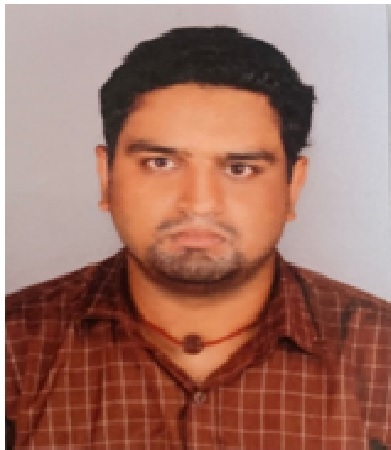 Name: Ashwanth S
Name: Ashwanth S
Disability Type: Hearing Impaired (80%)
Education: MBA
Placed in Company: EY Global
Role: Lead Associate
Salary: 40,000
Training Center – Sarthak Chennai
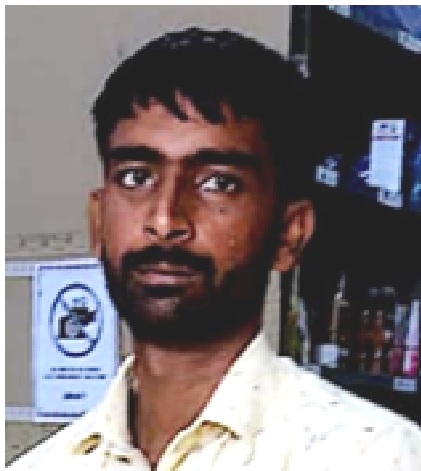 Name: Kaushlendra Kaushlendra
Name: Kaushlendra Kaushlendra
Disability Type: Locomotor Disability (40%)
Education: 12th
Placed in Company: Blinkit
Role: Delivery Executive
Salary: 24,000
Training Center – Sarthak Delhi
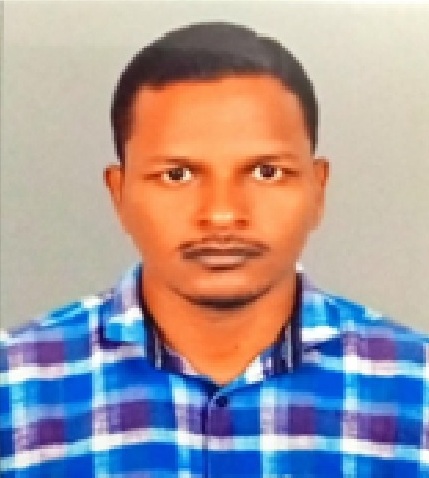 Name: S Mallikarjuna Raju
Name: S Mallikarjuna Raju
Disability Type: Locomotor Disability (71%)
Education: BSc
Placed in Company: Cognizant Technology
Role: Associate Projects
Salary: 75,000
Training Center – Sarthak Visakhapatnam
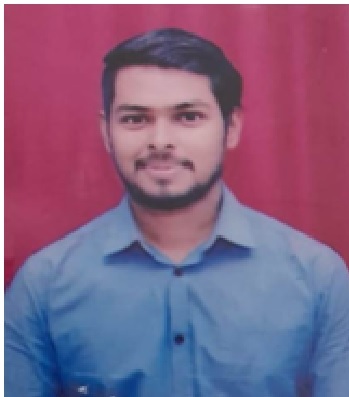 Name: Yogesh Pratap Singh
Name: Yogesh Pratap Singh
Disability Type: Hard of Hearing (40%)
Education: M.Com
Placed in Company: HDB Financial Services
Role: Branch Credit Manager
Salary: 29,585
Training Center – Sarthak Lucknow
 Name: Ragini Sawhney
Name: Ragini Sawhney
Disability Type: Thalassemia (70%)
Education: 12th
Placed in Company: Concentrix
Role: Data Entry Operator
Salary: 19,000
Training Center – Sarthak Delhi




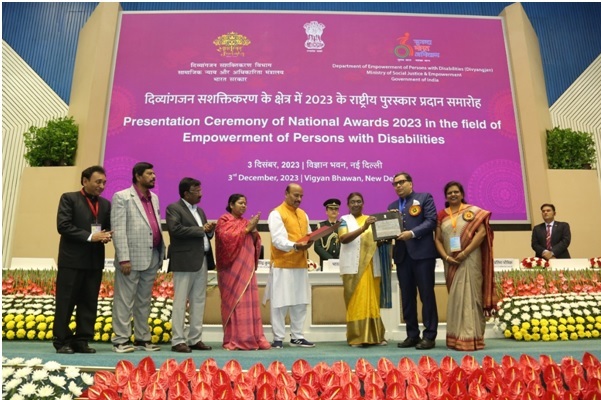
 Name: Vrushali Sumersingh More
Name: Vrushali Sumersingh More Name: Ashwanth S
Name: Ashwanth S Name: Kaushlendra Kaushlendra
Name: Kaushlendra Kaushlendra  Name: S Mallikarjuna Raju
Name: S Mallikarjuna Raju Name: Yogesh Pratap Singh
Name: Yogesh Pratap Singh Name: Ragini Sawhney
Name: Ragini Sawhney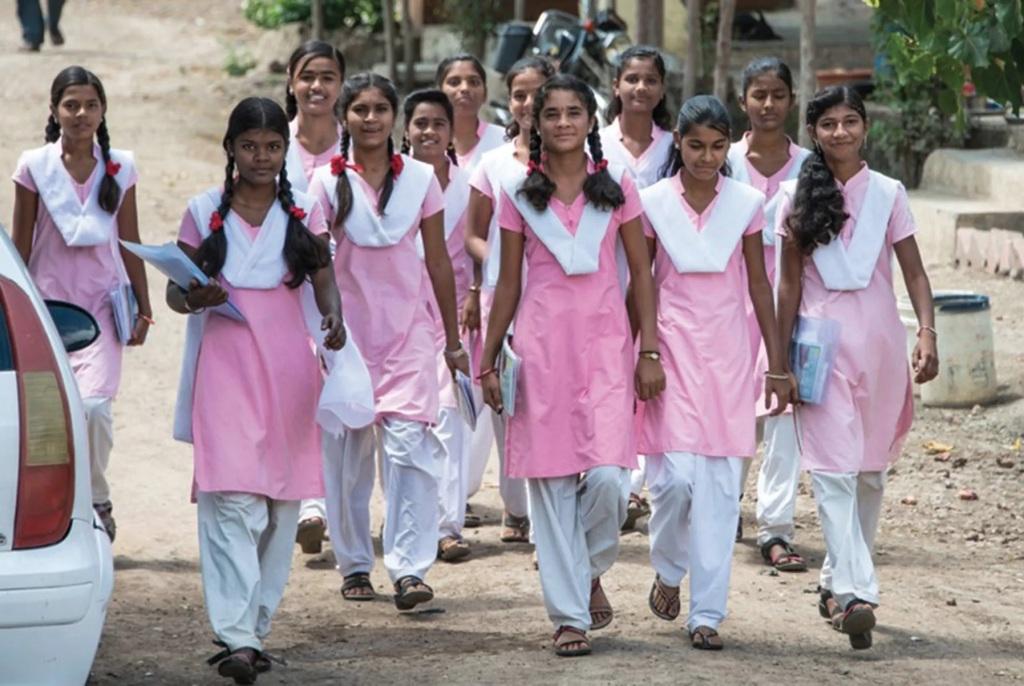


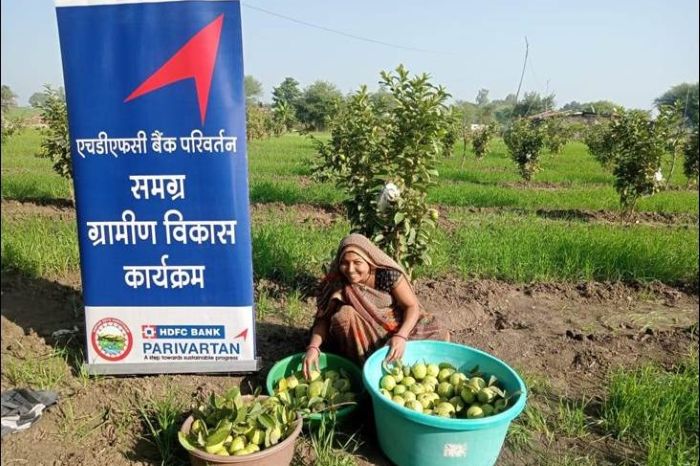
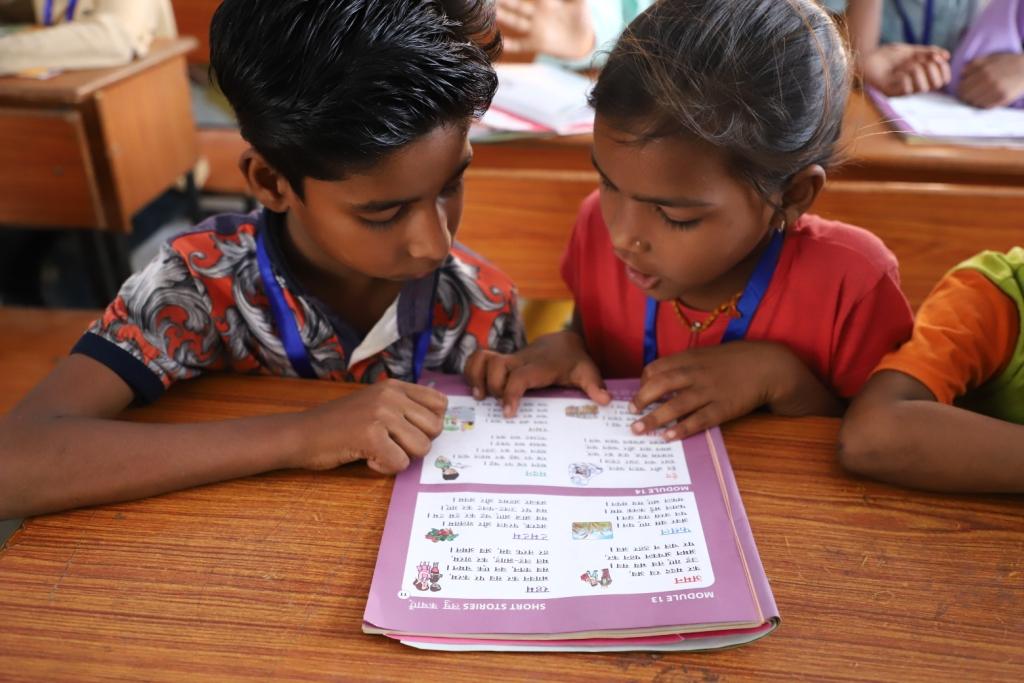
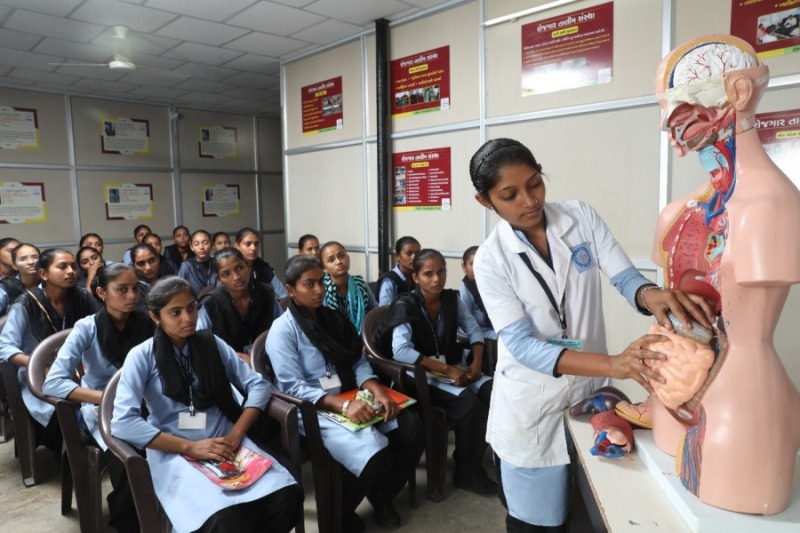

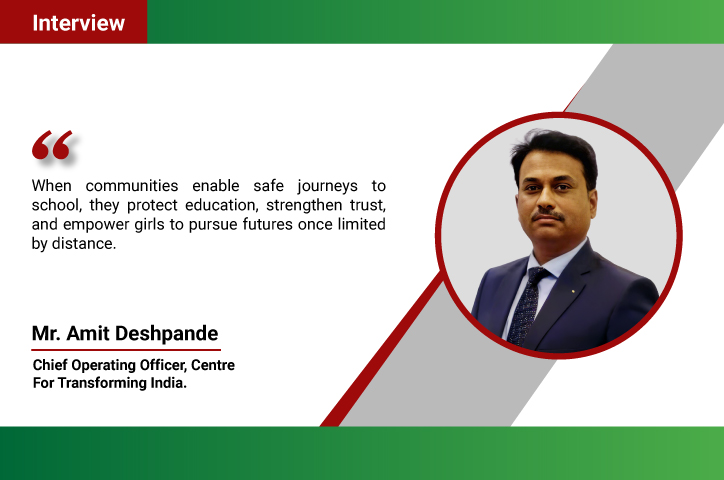






.jpg)



